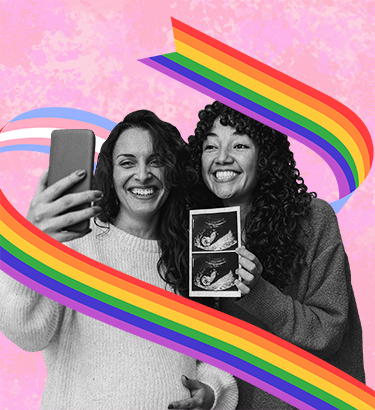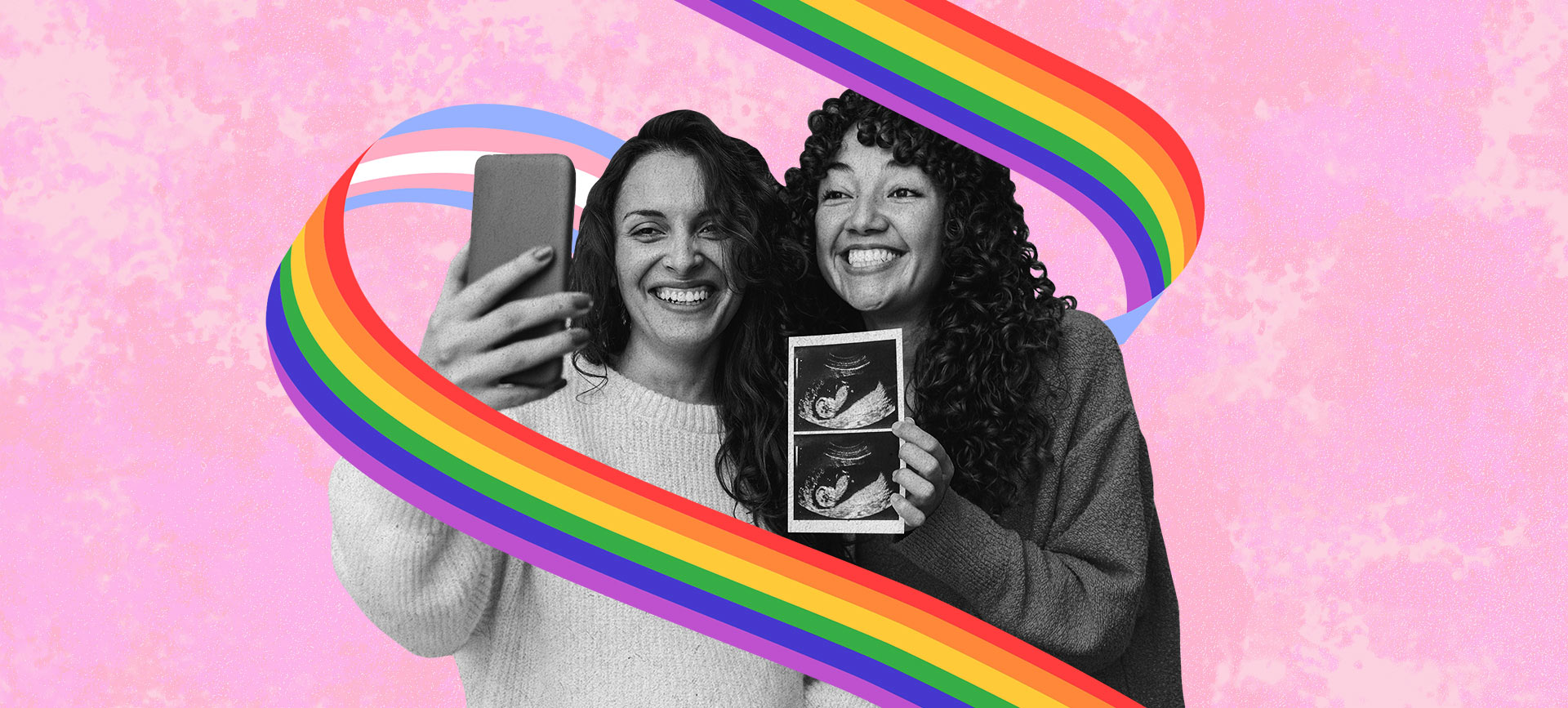Gender-exclusive language is often pronounced as soon as you walk in the door to the OB-GYN—consider the term "well-woman exam."
"Think about how it feels to be a masculine-presenting AFAB [assigned female at birth] person—are you going to want to carry a baby if every OB-GYN office around you is called 'women's health center' and is painted pink?" Locke said. "Are you going to get your mammogram if you have to wear a pink robe while you wait—a thing that really happens?"
A 2012 national survey indicated only 27.7 percent of gynecologists who responded routinely asked about their patient's sexual identity. Asking this question before an exam could mitigate a range of potentially harmful cis-heteronormative assumptions that queer patients frequently face.











